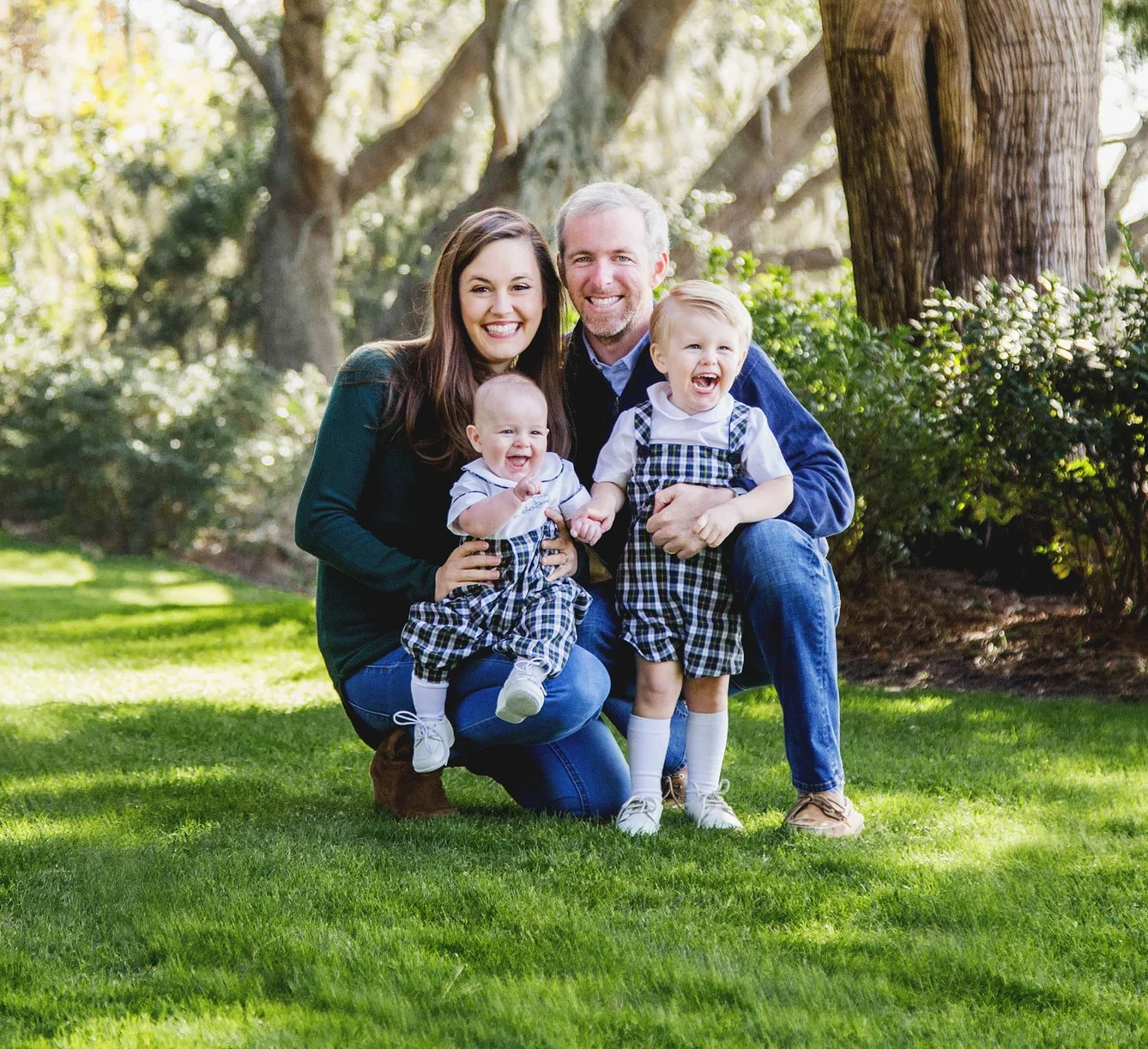“The sun shall be no more your light by day, nor for brightness shall the moon give you light; but the LORD will be your everlasting light, and your God will be your glory.” (Isaiah 60:19)
“Behold, this is our God; we have waited for him, that he might save us. This is the LORD; we have waited for him; let us be glad and rejoice in his salvation.” (Isaiah 25:9)
The day we’ve longed for is here. The light stringing, ornament hanging, carol singing, and Advent readings culminate in today’s celebration. If your house is anything like ours, you’ll need a pot of coffee to make it through the ear-piercing screams of excitement as children tear through presents, pushing every noisy button in sight. They’ll prematurely rip tags off clothing and snatch cookies from the table. Everyone will feast until calm settles on the house.
Then the rumble begins again. We reheat leftovers while whiny children beg for more gifts, throwing their three-hour-old present aside. Family fun wears off as tired parents face toddler tantrums. The day we’ve spent a season anticipating arrives with good gifts, but quickly falls short of our expectations.
This is true of many longings in life. We wait in desperation for a baby, only to find that parenthood brings challenges with the joys. We hang tight in the transition, only to discover new loneliness on the other side. We’re happy for a time, but it’s never enough. Never enough new clothes, career opportunities, social media followers, romantic date nights, or hours of sleep.
Some of us feel the “never enough” and we turn to Jesus’ gifts. We read Bible stories with hope, seeing Christ’s power as a means to our desired end. After all, we’re tired of losing our patience with our kids, and we want Jesus to make us better-behaved mothers. We’re tired of seeing our limitations, so we pray for Jesus to help us run at a god-like pace. We’re tired of watching our child struggle, and we’d give anything to see Jesus immediately answer our prayers for healing.
We're not looking forward to the advent of Christ himself, but to the gifts he brings in the sack over his shoulder. In our eagerness to gain from his gifts, we might forget to stop and inhale the aroma of his love.
What does it look like to encounter God’s love and enjoy the gift of his presence today? First, we need the sacrifice of Christ for our sin and the covering of his righteousness to connect us to God. Because of him, we can boldly approach his throne through prayer. We also encounter God himself through the Bible. God’s living and active words are there for us to read as the Holy Spirit helps us apply them in our time of need. Today, as we reheat those leftovers and correct the whiny children, it might be helpful to hum the tune of a worship song. To murmur a verse of praise from the Bible. To take a moment to talk to God himself, because we have full access through the Son.
What will it look like to encounter God’s love and enjoy his presence forever? Someday, when God makes all things new, all of our “never enough” longings will be met in him. We will enjoy the good gifts he gives. Like kids on Christmas morning, we’ll devour the best feast we can imagine with the perfect community of people in the most amazing place. Our tears will be dry and our bodies will be healed, but the post-Christmas morning dissatisfaction will never come because we’ll have the best gift for eternity—God himself.
Momma, let this wonderful truth be a reminder as you celebrate Christ’s birth. More than any other good gift, God wants to give you the better gift of himself. Just look at his track record—in the garden of Eden, in the manger at Bethlehem, on the cross at Calvary, in the indwelling person of the Holy Spirit. He won’t stop until Christ returns and he can give you himself forever. Whatever you’re longing for today, the weight of God’s glory, character, and goodness can bear it. Whatever “never enough” you’re experiencing today is fulfilled by “the always and forever enough” of God.
QUESTIONS FOR REFLECTION/APPLICATION:
Can you think of a time when God answered your prayer and fulfilled your longing for something? Then what happened? Did that fulfillment last?
What are you currently longing to receive from God? What would it look like for you to desire God himself more than the things you want from him?
What are you most looking forward to about the new heavens and the new earth? What does your response reveal about what you may desire more than God?
How has God already given you himself, and how will he give you himself forever?
Emily Jensen is the co-founder of Risen Motherhood, currently serving as the Content Director and the co-host of the weekly podcast. Emily enjoys being a part of the women's ministry team at her local church, speaking to mom's about the beauty of the gospel, and teaching in the preschool nursery. Emily, her husband, and their five young children reside in central Iowa.








































